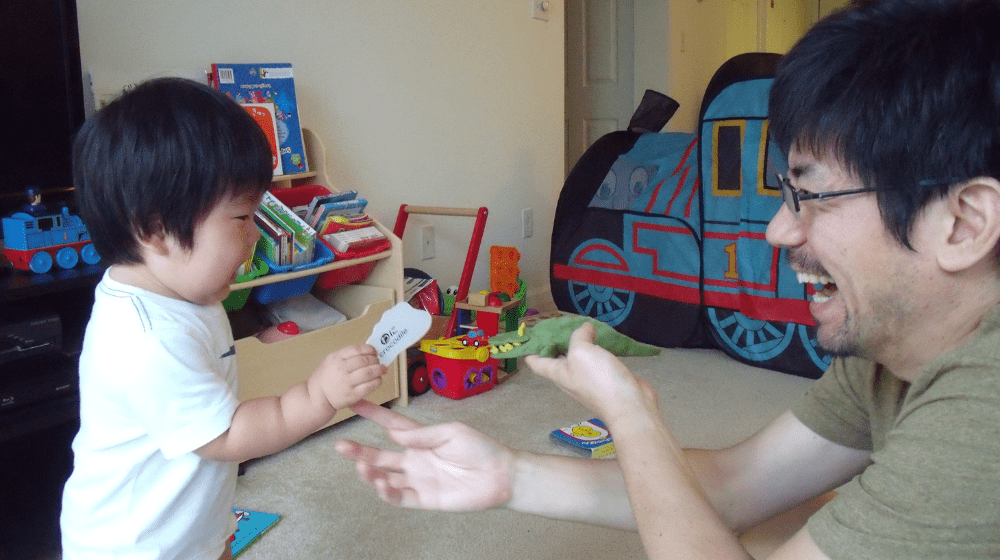Opinion Editorial by Masaki Watabe, the Deputy Representative, UNFPA Bangladesh on the commemoration of the 16 days of activism against gender-based violence
Growing up in Japan, a society that still lags behind Bangladesh in the Global Gender Gap Index measured by the World Economic Forum (125th vs 59th for Bangladesh), I, like most other men, was subtly indoctrinated into the narrow definition of a "real man" by the very institutions that shaped my life – family, schools, media, economic, and political systems.
Equating dignity with breadwinning, strength with aggression, and virility with dominance, manhood, in this construct, becomes an unyielding fortress, demanding emotional detachment and suppressing the slightest hint of vulnerability. Relationships are not defined in terms of equality or interdependence but rather in terms of coercion and control.
In giving us the mantle of the ‘protector,’ it also weaves a thread of violence, misogyny, and a lack of respect for women into our consciousness.
I vividly recall biting my lips when told not to cry as a boy, a demonstration of the emotional detachment expected of men.
My all-boys high school rugby team reinforced the belief that strength and success came from overcoming weaknesses.
I studied and worked hard under pressure, subconsciously preparing myself for the role of a future breadwinner.
When I began my career in Tokyo more than 25 years ago, I uncritically accepted the fact that all support staff were women. The glass ceiling hindering women's progress was simply a mundane reality.
Living outside Japan for many years, I felt the omnipresence of this phenomenon—from the lush green fields of Asia to the bustling squares of Europe to the remote villages in Africa—as I sensed the reluctance of men to comprehend the real cost of residing within this so-called 'man box.' And I feel the same in Bangladesh—the land of hope and resilience.
The cost of embodying this outdated toxic masculinity is borne not only by us but even more so by those around us, particularly the women and girls in our families and communities.
Evidence suggests that men who adhere to traditional notions of masculinity have difficulty expressing their feelings to their partners, inevitably leading to communication problems and conflict. This is manifested in harrowing violence against women—something that has been experienced by nearly one-third of all women in Bangladesh, perpetrated by none other than their intimate partners. (Violence Against Women Survey, 2015, BBS)
But what about the cost we inflict on ourselves by giving in to the social pressure to prove our manliness through aggression and subjugation of women?
Along with worsened mental and physical health and broader socio-economic losses amounting to billions, perhaps the biggest cost that we men incur is the loss of happiness and meaning.
To illustrate, I draw on a personal anecdote—the birth of my child, which made me realize how we undermine our capacity to acknowledge and express our weaknesses (or even a sense of powerlessness in front of a crying baby), cultivate meaningful relationships, and be healthier and happier by residing in this so-called ‘Man Box.” I found my ‘Ikigai’—reason for being and motivation for living.
Blessed to have worked in the UN, I took the opportunity of my full paternity leave to try and break away from my ‘man box.’ It wasn't just about becoming a father; it was about unlearning and redefining what it meant to be a man, a father, a partner, and a person.
As I began to increasingly partake in household chores and shared child care responsibilities with my partner, I did not find our kitchen, living room, bedrooms, and bathrooms emasculating but rather spaces for sharing, learning, and growing together.
The sleepless nights I spent cradling my baby boy turned into shared lullabies, and diaper changes became our moments of bonding.
As the weight of traditional social expectations waned off my shoulder, I realized that real strength wasn't in suppressing emotions but in embracing them; that true power lay in the ability to connect, empathize, and express love without reservation.
I found strength in vulnerability, resilience in nurturing, and courage in breaking away from the 'man box' - without worrying about what others might think.
I felt responsibility, not for providing, but for nurturing, understanding, and being present in the life of my partner and my son in ways that transcended the traditional script of masculinity.
The transformative effect of this experience has inspired me to work for the United Nations Population Fund (UNFPA), a lead UN agency working to prevent and respond to gender-based violence and harmful practices, including child marriage.
As a fellow man, I call on all of you—the fathers, the brothers, the partners—to join forces with us on this mission.
Let’s start by celebrating our authentic selves and inspire a wave of change from within and out.
Let’s update the system we, men, are operating on and counter the norms and prejudices that confine us to this rigid box, harming us all—men, women, and everyone in between.
Together, let us usher in a newer model of manhood, one that is dignified—not in providing, but in upholding the rights and choices of all women and girls; dominant—not in dominance over others, but as a dominant force for gender equality; strong—not in silencing voices but in standing firm against gender-based violence and child marriage.
By liberating women and girls from suppression, discrimination, and violence, we liberate ourselves.
*Masaki Watabe is the Deputy Representative, UNFPA Bangladesh. With more than 25 years of international experience in development cooperation and humanitarian action, Masaki Watabe has a master's degree from London School of Economics and Political Science (MSc. Social Policy and Planning in Developing Countries) and a bachelor's degree from Waseda University (Political Science) in Japan.


